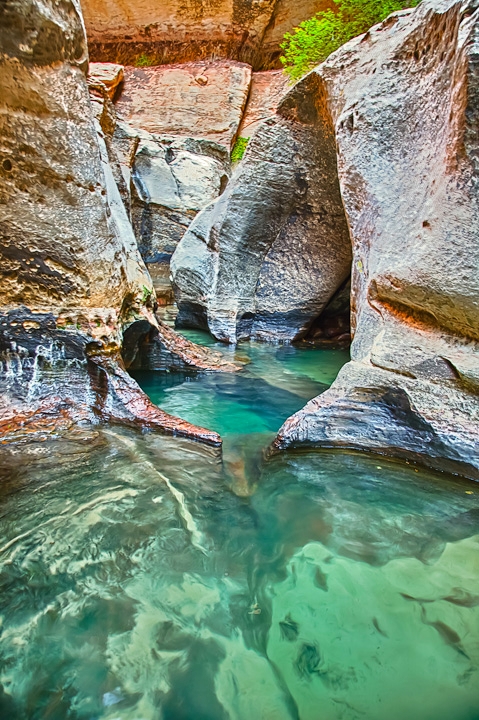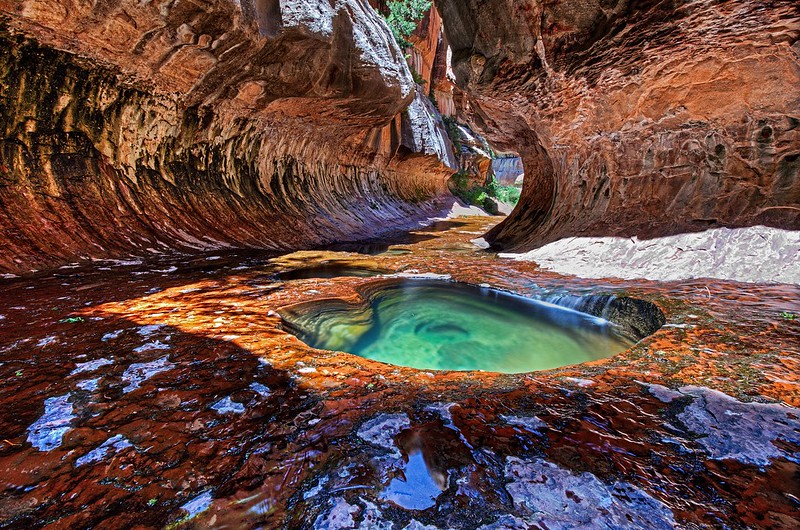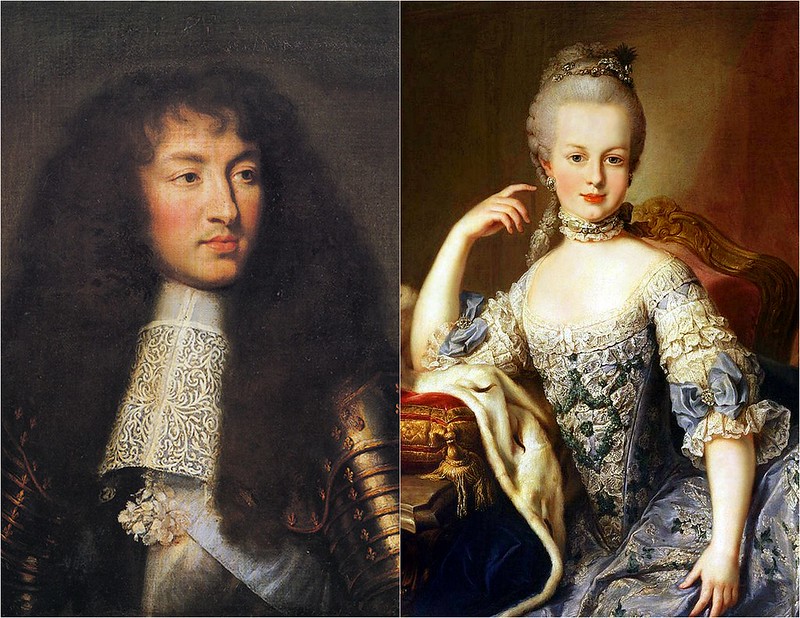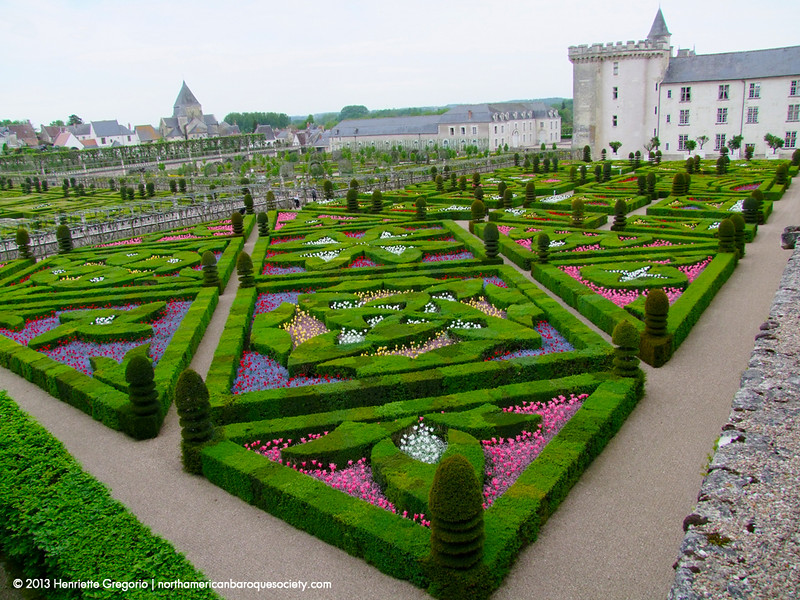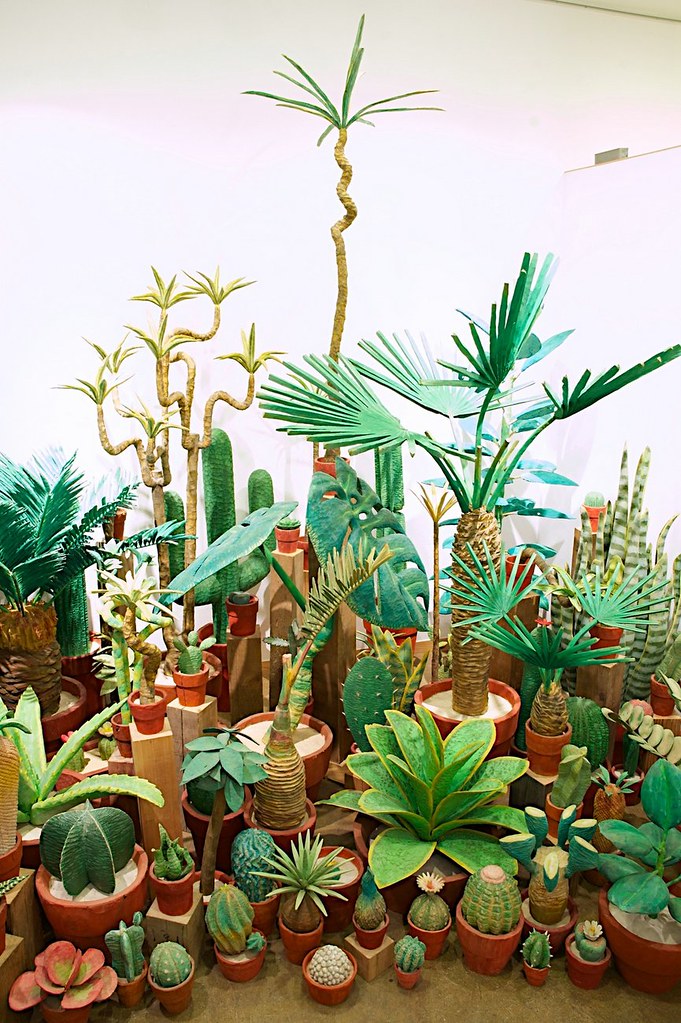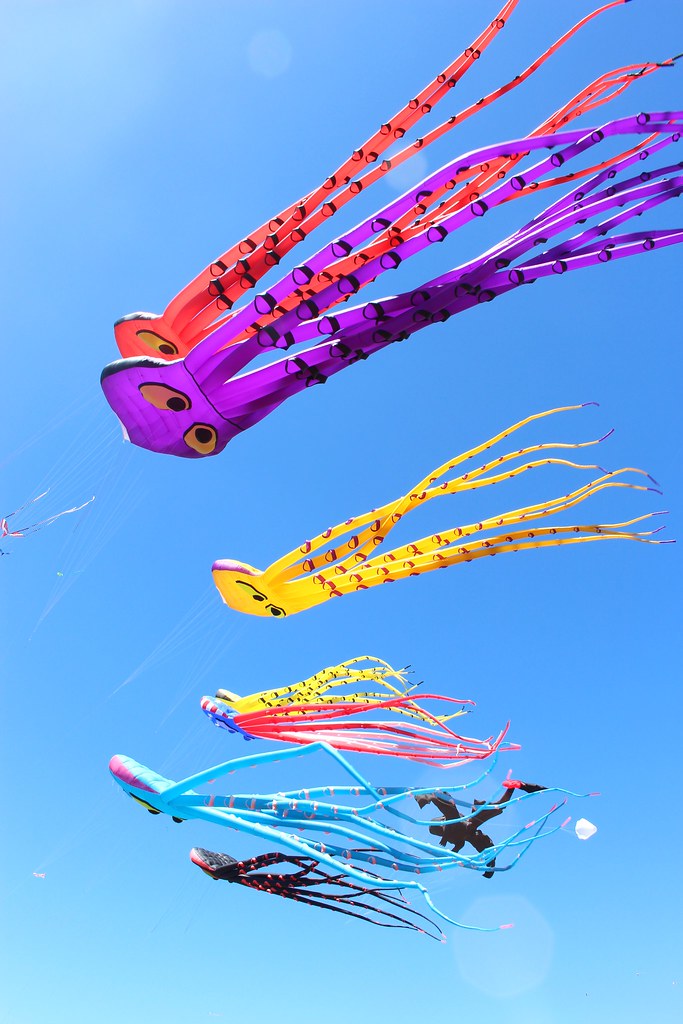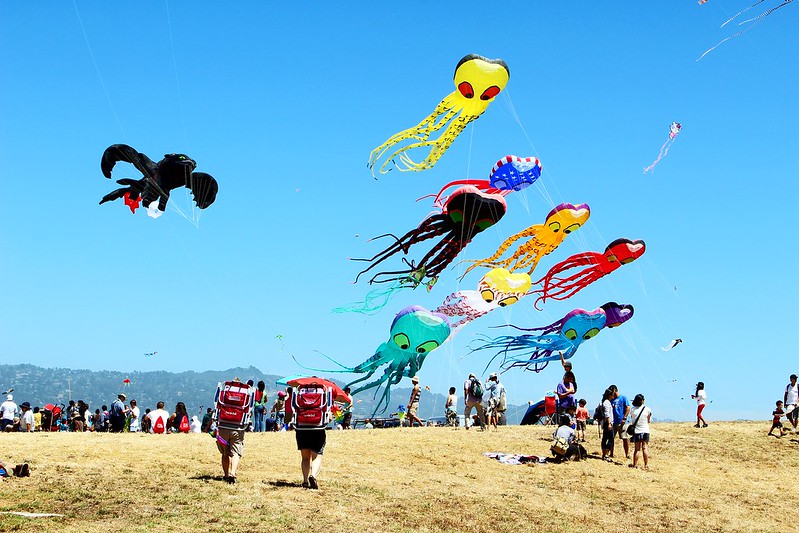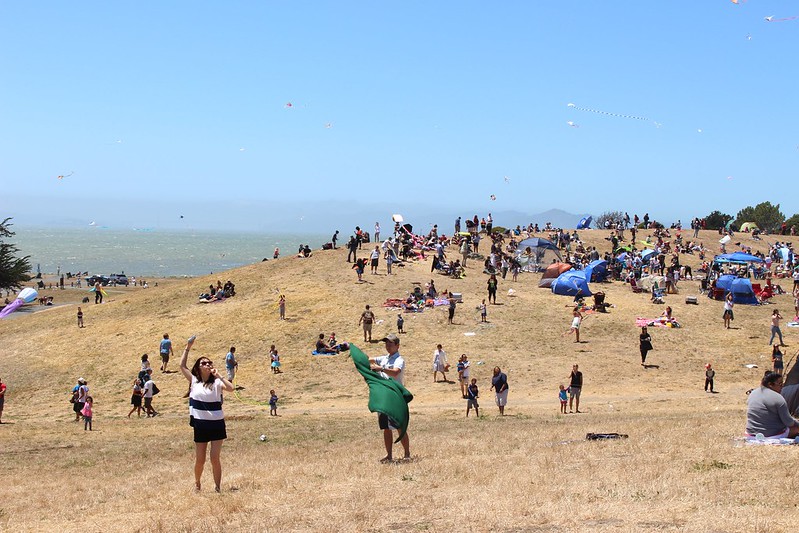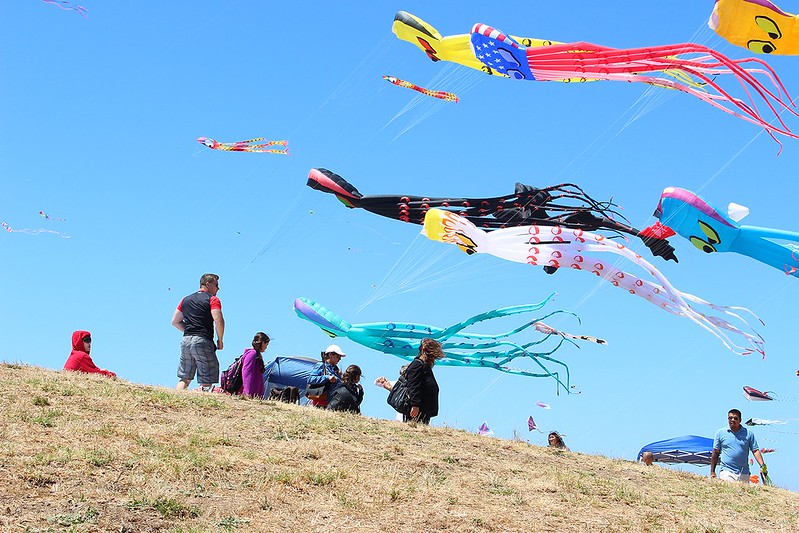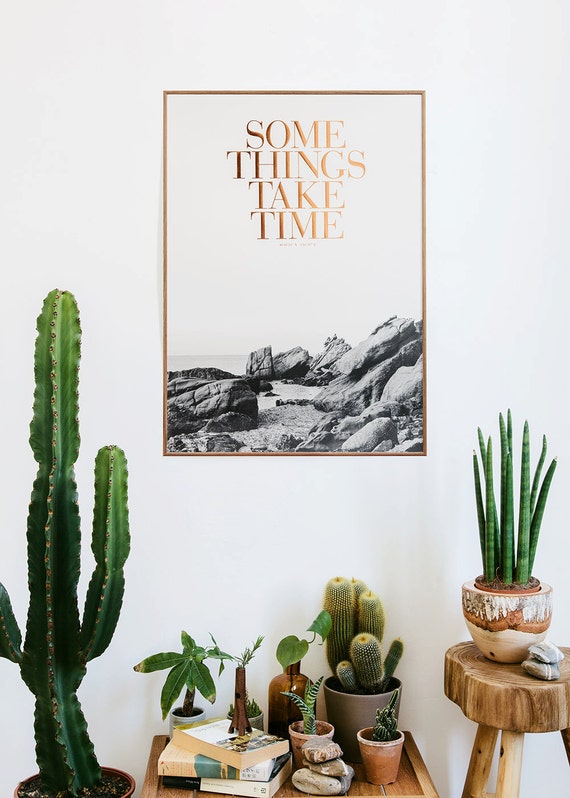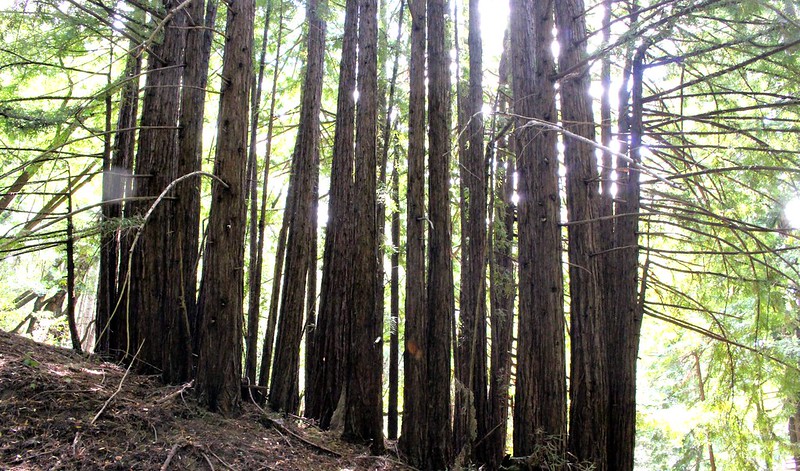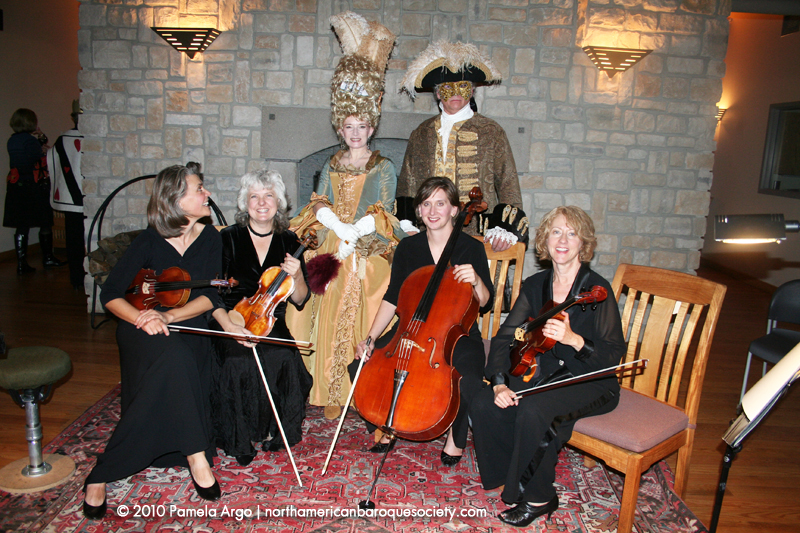 |
October 31, 2010, Henriette Gregorio, center, debuting as
fictional tongue-in-cheek 1760's character, Lady AuRevoir, pictured with the Haűsmusik string quartet, in Colorado Springs, Colorado. The occasion is a private
performance featuring Baroque composer Wolfgang A. Mozart. In an ode to
Mozart’s panache and humor, Gregorio created his & hers historical
couture costumes (pictured).
|
Background
A lover of all things Baroque and Rococo, I am a first generation
American with Saxon-German roots. Expressing myself through design, I
created over six centuries of historical clothing, to fully embody past characters
while reenacting periods of history through dance, social events and festivals.
I have traveled across twelve countries, mainly throughout central and western Europe,
lived in five, and organized full immersion events which allow a
participant to live a playful, fun role from the 17th, 18th and 19th century historical eras.
Since I was a teen, I loved
designing clothing. As a historical reenactress and hobbyist in my
adult life, I loved working with the richly decorated fabrics of silk, lace,
velvets and gemstones and modifying patterns to recreate clothing for
historical reenactment, festivals and balls.
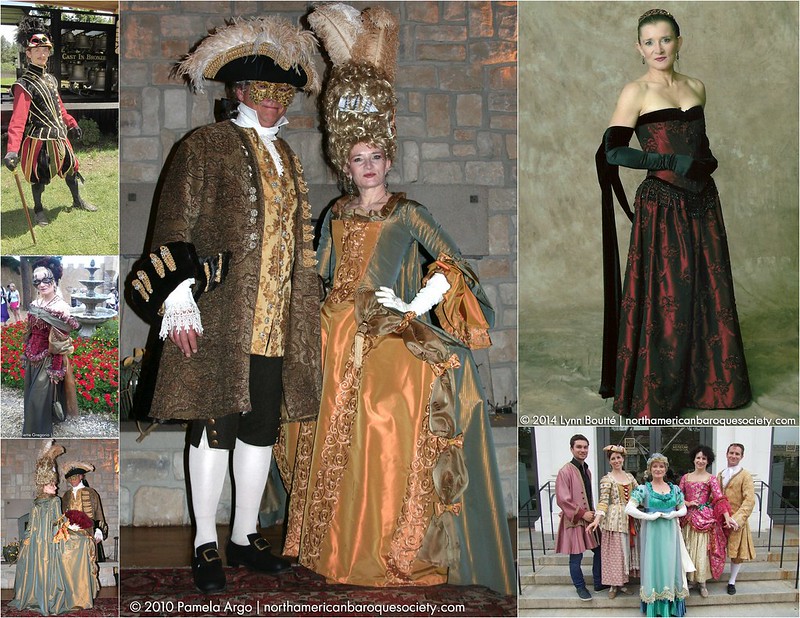
Professionally, I have served as a
consultant for non-profit, government and small businesses with services in
marketing communications, graphic design, photography, public relations as well
as advocacy for healthcare causes.
Earlier still, I stood up for
drug-free sport competition, winning six regional and state bodybuilding
championships, including Ms. NorthWestern America, Ms. California, Ms. San
Francisco Bay Area, which stood in contrast to my eight years of training in
classical piano, operatic voice and "finishing" school.
Growing up, I studied, practiced
and played a continual piano repertoire of Bach, Handel, Brahms and classical
hymns for the residents of my family’s business, the Berkeley Senior
Residence in Berkeley, California. This was in addition to a weekly chapel accompaniment in
private grade school.
Throughout my life, I have always loved Mozart, Bach, Vivaldi, the
architectural richness of Baroque cities and their cultural heritage. My
heart is drawn to the opulence of the 17th and 18th century Europe,
particularly the Loire Valley Chateaux region of France, the musical gem known as
the city of Prague, and the early roots of Baroque in Italy, my favorite being
Venice with its annual Carnivale.
I fell in love with Prague during
my first visit in September 2011, a city of music, a Baroque heaven. I loved every cobblestone
I walked on, every wall I touched, every corner that rang with Carillon bells
from churches in every quadrant on Sunday mornings. It brings tears to my eyes
just remembering the feeling of standing on those streets in Old Town, a 360
optic love affair from Petřín Tower, walking in and out of the local craft
shops, zigzagging from the Castle on Nerudova street, listening to classical and folk
street musicians everywhere. I feel the deep pull of my roots in central and
western Europe every time I set foot there.
A striking moment of connection occurred during the
2014 Santa Barbara Historic Dance Weekend. It was during the performance of dancer
Bruno Benne.* Seeing the graceful but
exacting spirit of Baroque moving through his footwork, I found myself in tears
remembering, for the first time in my adulthood, that I had danced this same footwork,
alone, in my childhood home, at the age of 6.
With no one to witness, I remember
feeling compelled to express those dance movements, the fibronacci** hand gestures
and the upright posture in time with the music of the great Baroque composers. I did not have a point of reference for these
movements at that age. In my mind and heart as a young girl, I saw myself
in full court dress, dancing in the Court of the King and Queen. No one
ever knew or saw me. No dance or dance training was in my upbringing or
adult life, outside of social enjoyment at historical reenactment
balls.
Until Bruno's performance, I had
forgotten that experience, which had became buried in the 'growing up' process
and evolution of young adulthood. I am very grateful to Bruno for the
profound spirit that he shared, which re-awakened this burning childhood
memory, a memory which had been incongruous with my young
environment. I cried for several hours while processing the
emotional flash of that powerful, profound childhood memory.
What
is the Baroque Period?
Wikipedia references the Baroque era in three phases:
- Early Baroque, c.1590–c.1625
- High Baroque, c.1625–c.1660
- Late Baroque, c.1660–c.1725
Late Baroque is also
sometimes used synonymously with the succeeding Rococo (1723 – 1785)
movement. This is the musical period of the great Bach composers: Carl Philipp Emanuel Bach, Johann Sebastian Bach
and Johann Christian Bach. It was the time of Marie Antoinette and, earlier,
the famous King Louis XIV, known as Louis the Great, the “Sun King” (Le
Roi-Soleil). It was the architectural
style period of the prominent architect Jules Hardouin-Mansart, who designed
the Palace of Versailles.
The term Baroque is
derived from the Portuguese word meaning “pearl of irregular shape.” Baroque
began in Rome, Italy, embodied by religious themes of the church in art, and
heavy, elaborate ornamentation in design elements. Rococo began in Paris, France in the early 18th century and was developed as a reaction against the grandeur, symmetry, and strict regulations of the Baroque.
Baroque and Rococo
across all channels of art, fashion, architecture, culture, dance and music can
be recognized by their complex geometric design: symmetrical in the Baroque period while being
asymmetrical, curvilinear and exotic in the Rococo period.
In both Baroque and
Rococo, ‘flourishes’ (dramatic, sweeping gestures), seemingly endless
ornamentation, complexity of line, űber-opulence and the use of precious, rare
materials were engineered with the finest craftsmanship and artistry of the
time.
When you think of Baroque, think Venetian silk embroidery, laces, tapestries, French powdered wigs, Italian 24K gold ceilings, Moravian jewels, the Sun King Louis XIV of France (1638-1715). When you think of Rococo, think of Marie Antoinette (1755-1793), light colors, shell-like curves, porcelain figures, florals, playful and witty themes. The UNESCO World Heritage Site Gardens of Villandry, France also demonstrates the geometric beauty of the Baroque period.
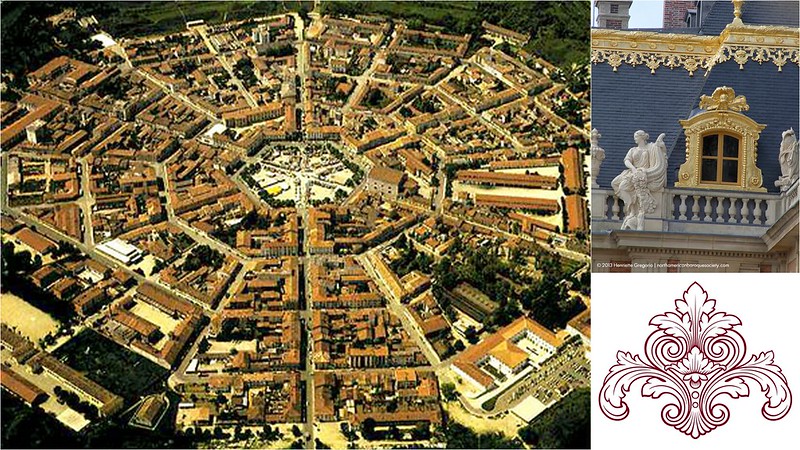 |
| Examples of Baroque above: characteristics include symmetry, balance, and heaviness. Top: Chateau de Villandry, Villandry, France. Above, clockwise from left: aerial view of Baroque town, Palmanova in Venice, Italy ©2011 Ayishwariya Balagopal; Château de Versailles ©2013 Henriette Gregorio; ©2008 HiSunnySky/Shutterstock |
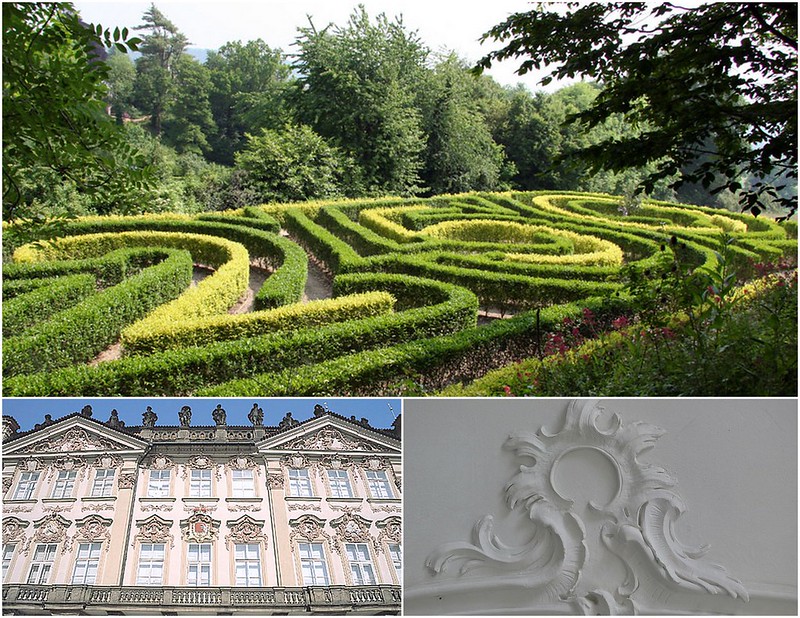 |
Clockwise from top: Rococo garden in Painswick, Gloucester, U.K. via rococogarden.org.uk; abstract asymmetrical Rococo ceiling stucco at Neues Schloss Tettnang in Bodenseekreis, Germany via wikimedia; Rococo facade of Golz-Kinský Palace,
dominating the northeast part of the Staroměstské Square, Prague. ©1997; AISA, Archivo Iconográfico, Barcelona, España
|
What inspires you about this time period?
In 2009-2010, after I
created my first Baroque couture set, a lady’s formal gown and gentleman’s
suit, I was hooked. I was driven by my
vision to create these pieces even though there was no event to wear them until the performance of the
Haűsmusik string quartet
on October 31, 2010.
The beauty, richness
of detail, colors, music, light, elegance and artistry ring to me like Carillon
bells, calling me back to this period of time.
Every time I come in contact with Baroque art and culture, it rings
through me with a sense of complete familiarity. I feel a sense of home.
The creation of Lady AuRevoir at
the Haűsmusik
performance lit a flame that would grow to eventually reveal a vision to be living, working, traveling and playing with a community
that loves the Baroque period as much as I do. This passionate vision
launched in the Spring 2014, as the North American Baroque Society. To relive,
travel, and be immersed in Baroque in Europe with friends who feel the same,
eager to explore the Baroque experience to its fullest potential through dance,
art, music, culture, cuisine and play is the foundational aspect
of the North American Baroque Society.
What is the North American Baroque Society?
We are
a community of Baroque lovers enjoying the 17th and 18th centuries
through culture, travel, news, resources and full immersion events from
around the world. Our mission is to connect, share, explore and
travel with a community of friends (online and in person) in North America and
Europe who love Baroque in all of its many expressions: art, music, dance, architecture, fashion
couture, culture and events. Think
masquerade balls, Pirates of the Caribbean, The Duchess, Casanova, Amadeus and
the famous annual Italian event:
Carnivale of Venice!
For more resources, please continue below.

